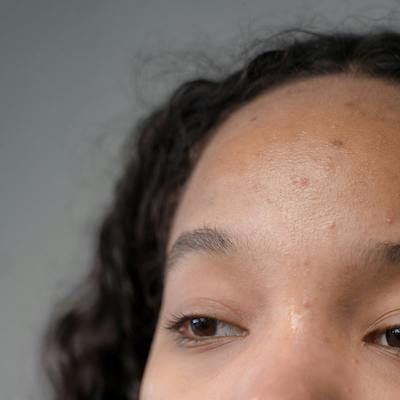Article
Alcohol Abuse Linked to Systemic Therapy Nonadherence in Psoriasis Patients
Author(s):
These results highlight the importance of interventions to address modifiable behaviors and risk factors for these patients.
Ireny Iskandar, PhD

A study found that alcohol abuse was linked to poor response to systemic therapies for psoriasis.
Currently, factors influencing systemic response are not well understood, the investigators noted.
“To date, previous research has focused on demographic, and clinical factors as predictors of response to treatment in psoriasis,” they wrote.
“However, there are no studies examining the role of alcohol abuse in predicting response to treatment, taking into account other important factors that could also influence treatment response such as psychological distress and medication non-adherence.”
Elucidating modifiable risk factors for poor response can thus help develop strategies for lifestyle interventions in such patients.
The investigative team, led by Ireny Iskandar, PhD, of the University of Manchester, UK, analyzed data from the Investigating Medication Adherence in Psoriasis (iMAP) multi-center study, which collected biomedical and psychological data from individuals with psoriasis receiving biologics or conventional systemic therapies.
The Study
All recruited and evaluated patients (n = 266) represented 35 dermatology centers across England and were ≥18 years old.
They were administered one or various assessments, such as the CAGE (Cut down, Annoyed, Guilty, Eye opener) questionnaire, the Medication Adherence Report Scales (MARS), and the Hospital Anxiety and Depression Scale (HADS).
Health status was evaluated using the Dermatology Life Quality Index (DLQI), disease severity was characterized according the Psoriasis Area and Severity Index (PASI), and treatment/clinical history was extracted from the Dermatologists Biologics and Immunomodulators Registry (BADBIR), a longitudinal pharmacovigilance register that represents real-world psoriasis patients on biologics or systemic therapies.
Iskandar and colleagues excluded patients if baseline PASI was recorded >12 months prior or >1 month following initiation of treatment, or if follow-up PASI was recorded >24 after start of therapy.
Results
Of the total evaluated patients, 134 received a biologic while 132 received a conventional systemic.
Median PASI was 13 at baseline, and mean DLQI was 16.2. The team also reported that the mean CAGE score was 0.3, with 5.3% of patients reporting scores ≥2—an indication of alcohol abuse.
Mean HADS anxiety and depression scores at baseline were 6.4 and 5.3, respectively. Further. 40.5% scored ≥8 on the anxiety scale, and 27.6% scored ≥8 on the depression scale.
“A notable proportion of the study cohort were classified as non-adherent (16.6%) with a significantly higher proportion of patients using conventional systemic therapies classified as non-adherent (27.6%) compared to those using biologic therapies (5.9%),” they reported.
According to a multivariable linear regression analysis, a higher CAGE score was significantly associated with poor response to treatment, which was measured by observing change in PASI. Notably, every 1 point increase in the CAGE score was associated with a regression coefficient of 1.40 (95% CI, 0.04-2.77).
Furthermore, 10-year increases in patient age (-0.63, 95% CI, -1.22 to -0.05) and higher baseline PASI (-0.83; 95% CI, -0.92 to -0.74) were strongly linked to a better treatment response.
On the other hand, obesity (1.84; 95% CI, 0.48-3.20), receiving systemic conventional therapies (4.39; 95% CI, 2.84-5.95), and stopping therapy during follow-up (4.18; 95% CI, 2.38-5.97) were associated with poor responses.
While they investigators acknowledged that the real-world prospective cohort design was a key strength of the study, they noted that the self-reported measures used for the study could be criticized (although the CAGE study has a sensitivity of 93% and a specificity of 76% for the identification of excessive drinking, they indicated).
“This study provides evidence that alcohol abuse and obesity are associated with poor response to treatment in patients receiving systemic therapies,” they concluded. “These are modifiable factors and confirm the important role that clinical teams can play in supporting lifestyle behaviour change in people with psoriasis.”
The team underscored the role routine screening can play for detecting early signs of harmful and hazardous alcohol consumption in this patient population.
The study, “Alcohol abuse associated with poor response to systemic therapies for psoriasis: findings from a prospective multicentre cohort study,” was published online in British Journal of Dermatology.





